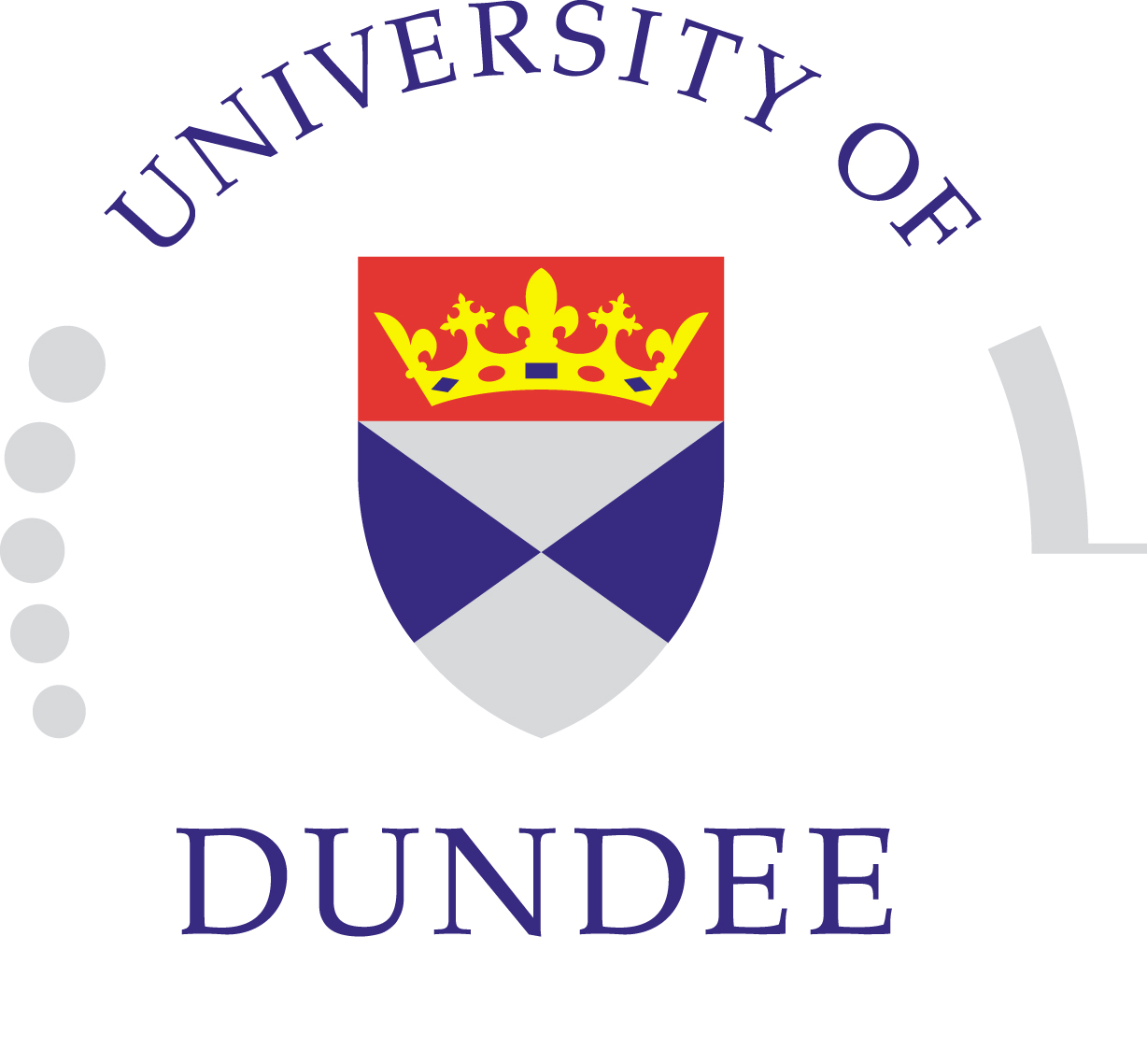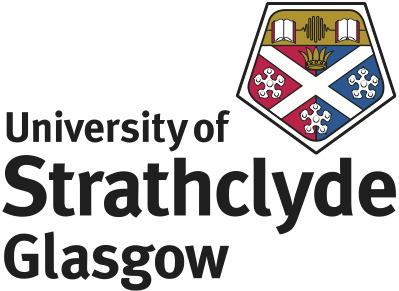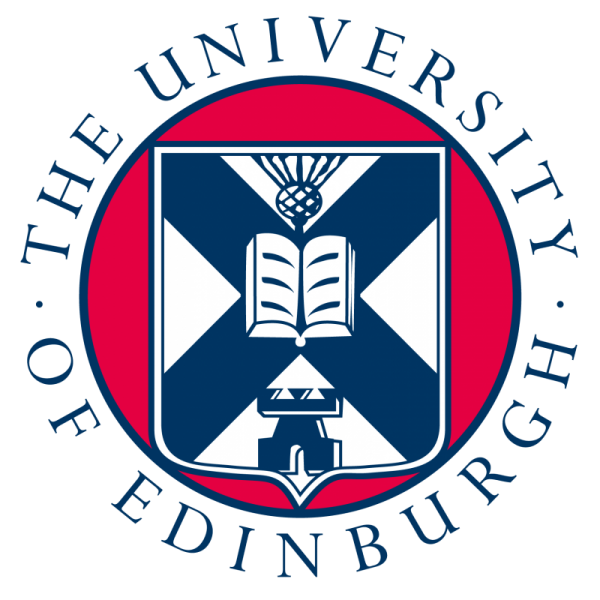








Scottish Numerical Methods Network 2019
First workshop: ICMS, 10 April 2019
Stochastic Processes and Applications
Note that ICMS has moved from its previous location to the new Bayes Centre
09:30-10:15 Registration and coffee
10:15-10:30 Opening
10:30-11:30 Des Higham (Strathclyde)
Stochastic Network Models [abstract]
11:30-12:30 Audrey Repetti (Heriot-Watt)
Optimisation methods for Bayesian inference: Application to Astro-Imaging [abstract]
12:30-14:00 Lunch break
Note that ICMS has moved from its previous location to the new Bayes Centre
14:00-15:00 Aretha Teckentrup (Edinburgh)
Deep Gaussian processes and applications in regression [abstract]
15:00-16:00 David Schnoerr (Imperial)
Efficient approximations of (spatio-temporal) stochastic processes using machine learning [abstract]
Discussion
This is an open meeting. If you are interested in attending this meeting, please email Ben Goddard or Kostas Zygalakis for more information about possible support for travel and accommodation.
Travel information is here.
Abstracts:
Des Higham, Stochastic Network Models
I will discuss a class of random graph models where a fixed set of nodes have connections that come and go over time. This type of model is relevant, for example, to on-line social interaction. For a model where new interactions are driven by the "triadic closure" principle (we are more likely to befriend people with whom we have friends in common) I will use a mean-field argument to show that bistable behaviour can arise. This is joint work with Peter Grindrod (Oxford).
Audrey Repetti, Optimisation methods for Bayesian inference: Application to Astro-Imaging
An important number of scientific and technological applications (ranging from healthcare to astronomy) consist in solving high dimensional inverse problems, where an unknown object is estimated from the provided measurements. A common method to solve these problems is to rely on a Bayesian maximum a posteriori (MAP) approach. A main limitation of this approach is that it does not provide any information regarding the uncertainty in the solution delivered. This analysis is particularly important in imaging problems that are ill-posed or ill-conditioned, for subsequent decision making processes (e.g. decision concerning a tumor appearing on a brain image from MRI).
In this presentation I will present a methodology to probe the data and perform uncertainty quantification. In the proposed method, we quantify the uncertainty associated with particular structures appearing in the MAP estimate, obtained from a log-concave Bayesian model. A hypothesis test is defined, where the null hypothesis represents the non-existence of the structure of interest in the true image. To determine if this null hypothesis is rejected, we use the data and prior knowledge. Computing such test in the context of imaging problem is often intractable for state-of-the-art Markov chain Monte Carlo algorithms, due to the high dimensionality involved. In this work, we formulate the Bayesian hypothesis test as a convex minimization problem, which is subsequently solved using a proximal primal-dual algorithm. The proposed method is applied to astronomical imaging. This is joint work with Marcelo Pereyra and Yves Wiaux.
Aretha Teckentrup, Deep Gaussian processes and applications in regression
Deep Gaussian processes have received a great deal of attention in the
last couple of years, due to their ability to model very complex
behaviour. In this talk, we present a general framework for constructing
deep Gaussian processes, and provide a mathematical argument for the
practical observation that only a small number of layers are required in
practice. We finally present some numerical experiments, where deep
Gaussian processes have been employed to solve regression problems. This
is joint work with Matt Dunlop, Mark Girolami and Andrew Stuart.
David Schnoerr, Efficient approximations of (spatio-temporal) stochastic processes using machine learning
Many systems in nature consist of stochastically interacting agents or particles. Stochastic processes have been widely used to model such systems, yet they are notoriously difficult to analyse. In this talk I will show how ideas from statistics and machine learning can be used to tackle some challenging problems in the field of stochastic processes.
In the first part, I will consider the problem of inference from experimental data for stochastic reaction-diffusion processes. I will show that multi-time distributions of such processes can be approximated by spatio-temporal Cox processes, a well-studied class of models from computational statistics. The resulting approximation allows us to naturally define an approximate likelihood, which can be efficiently optimised with respect to the kinetic parameters of the model.
In the second part, we consider more general path properties of a certain class of stochastic processes. Specifically, we consider the problem of computing first-passage times for Markov jump processes, which are used to describe systems where the spatial locations of particles can be ignored. I will show that this important class of generally intractable problems can be exactly recast in terms of a Bayesian inference problem by introducing auxiliary observations. This leads us to derive an efficient approximation scheme to compute first-passage time distributions by solving a small, closed set of ordinary differential equations.
Local organisers:
Ben Goddard,
Kostas Zygalakis